The All Nigerian Editors Conference opened yesterday in Yenagoa, Bayelsa State, focusing on “Economic Growth and Development Strategies in a Resource-Rich Country.”
President Bola Tinubu, while addressing attendees, announced that Nigeria’s economy is gradually rebounding, attributing the progress to sustained reforms implemented by his administration across various sectors.
Speaking through the Minister of Information and National Orientation, Mohammed Idris, President Tinubu stated that he has spent the past eighteen months establishing the groundwork for his vision of a prosperous Nigeria.
On his part, the national president of the Nigerian Association of Chambers of Commerce, Industry, Mines, and Agriculture (NACCIMA), Dele Kelvin Oye, has advocated for new pathways for creating a robust and resilient economic future for the country.
Oye, who was a keynote speaker at the Conference, shared insights on the multifaceted struggles of the nation’s economy, focusing on issues of resource mismanagement, the vital role of the media, and the path forward for a sustainable and prosperous Nigeria.
Continuing, President Tinubu, highlighted ongoing reforms that have begun to stabilise the economy, reducing the debt service to revenue ratio from nearly 100 per cent to 65 per cent over the past eighteen months.
He emphasised initiatives like the Presidential Loans and Grants Scheme aimed at fostering economic relief. The conference also urged the government to alleviate public anxiety regarding economic challenges and enhance collaboration among stakeholders for sustainable growth
In a statement issued to journalists in Abuja yesterday, the President shared this in his keynote address at the All Nigerian Editors Conference opening ceremony in Yenagoa.
“I am pleased to let you know that, through our sustained reforms, we are witnessing our economy gradually rebounding on the most critical foundational level. Today, our debt service to revenue ratio has dropped drastically from almost 100 per cent to 65 per cent.
“The last 18 months have been spent laying the foundation for this compelling vision of a prosperous Nigeria. That is what the Renewed Hope Agenda is all about – rekindling the faith and hope of all Nigerians in the ability of their country to flourish and to, in turn, provide an environment that allows everyone in it to grow just as much.
“But we realise that some significant obstacles are standing in the way of fully unleashing Nigeria’s abundant potential. And we have spent time and energy and focus boldly tackling these.
“Two of the most significant are very well known to you: a ruinous fuel subsidy regime that deprived us of billions of dollars annually that could be going into investments in critical physical and social infrastructure, and a foreign exchange regime that was prone to unimaginable levels of arbitrage and abuse. Like the fuel subsidy, another needless drain on our limited national resources, and a cap on our ability as a nation to reach full potential,” he said.
He stated that, as a result of the reforms, revenue for all three tiers of government—federal, State, and Local—has grown significantly, which has enabled more significant investment in social services, infrastructure development, and social security.
The President noted that the Supreme Court’s decision to grant local government autonomy, following a suit filed by the Federal Government, was aimed at strengthening governance at the regional level and fostering grassroots development.
Addressing the conference theme, “Economic Growth and Development Strategies in a Resource-Rich Country,” President Tinubu stated that the longstanding question of how Nigeria can transform its vast resources into meaningful growth and development had driven his vision for a nation that fulfils its potential.
He emphasised his commitment to a Nigeria where no citizen is left behind in poverty or disease, which commands respect on the global stage.
“A new minimum wage of N70,000 has taken off across all federal government establishments, with many state governments committing to implementing the same. Over 46,000 students benefit from the Nigerian Education Loan Fund across 59 tertiary institutions, with a disbursement of over N5 billion. The first batch of 500,000 civil servants is set to become beneficiaries of the Consumer Credit Scheme with the release of N100 billion.
“While oil remains a significant source of revenue for Nigeria, we are investing heavily in other sectors to diversify our economy for sustainable growth. The launch of the Presidential Initiative on CNG is a deliberate strategy to harness our abundant gas resources to reduce the high cost of transportation by about 60% and foster a clean and healthy environment for our citizens. This initiative has unlocked close to $200 million in private sector investments in the last year,” he said.
President Tinubu outlined several vital initiatives his administration is implementing to provide economic relief to Nigerians, such as the Presidential Loans and Grants Scheme, the Consumer Credit Corporation Initiative, the Renewed Hope Housing and Estates Initiative, the Renewed Hope Infrastructure Development Fund, and the Presidential Unlocking Health Value Chains Initiative.
He said each initiative is designed to be a targeted intervention that will deliver sustained results in the lives and livelihoods of tens of millions of expectant Nigerians.Meanwhile, the NACCIMA boss, Dele Oye stated that while President Bola Tinubu’s administration has taken audacious steps and reforms to build a more sustainable and transparent economy, including the removal of the petrol subsidy, the payment of $6 billion in outstanding trade debts (leaving a balance of $2.4 billion unpaid), the increase in minimum wage, the implementation of a unified exchange rate, and the realignment of the Central Bank’s focus on price stability represents commendable steps toward reorienting our economic landscape, there was the need to critically assess whether these reforms are being effectively harnessed for the benefit of all Nigerians.
The NACCIMA boss also shared tips for enhancing media sustainability in Nigeria, including cultivating credibility, encouraging collaborative journalism, connecting with international opportunities, attracting sponsors and revenue, investing in research and investigative journalism, encouraging collaborative journalism, connecting with international opportunities, attracting sponsors and revenue, investing in research and investigative journalism, and embracing digital transformation, among others.
Listing positive effects of the President Bola Ahmed Tinubu administration’s reforms on the nation’s economy, Oye stated, “Increased Foreign Investments: By unifying foreign exchange rates and enhancing transparency, Tinubu’s administration has attracted significant foreign direct investments (FDI). Investors responded positively, leading to a reported 114 per cent increase in FDIs from 2023 to 2024, thereby bolstering Nigeria’s economic stability.
“Enhanced Oil Production and Revenue: Reforms in the oil and gas sector have revived production, with Nigeria’s oil output rising to 1.61 million barrels per day by mid-2024. This increase, coupled with improved regulatory clarity, has doubled oil revenues, enhancing Nigeria’s fiscal strength.
“Higher Government Revenue and Reduced Debt Ratio: The government has effectively doubled its revenue through anti-corruption measures, increased automation, and reduced leakages. Consequently, the debt-service-to-revenue ratio fell from 97% to around 68%, indicating better fiscal health.
“Support for Youth and SMEs: New initiatives like the Student Loan Scheme, Skill-Up Artisans Programme, and nano-business loans have been launched to empower youth and small businesses. Additionally, the administration established MSME hubs across Nigeria, creating thousands of jobs and promoting entrepreneurship in partnership with agencies like CAC, NAFDAC, SON, FIRS, SMEDAN, and CUSTOMS.
“Housing Initiatives: The federal government has launched an online portal designed to streamline the process of purchasing homes under the Renewed Hope Cities and Estates Scheme. This initiative, in partnership with Continental Civil and General Construction Company (CCGCC) and Family Homes Funds Limited (FHFL), aims to deliver 100,000 homes, particularly for low- to middle-income families across Nigeria.
“Agricultural Growth and Food Security: Programs to increase cultivated land, distribute fertilisers, and import mechanised farming equipment have been initiated to strengthen Nigeria’s food security, making food more accessible and affordable in the long term. The recent zero duty on identified food products is commendable.
“Minimum Wage Increase: President Tinubu raised the national minimum wage to N70,000, helping workers cope with the rising costs of living. While this adjustment may be partially inflationary, it provides immediate support for low-income households, thereby enhancing their purchasing power.”
He further identified key problems of the current administration and systemic issues that hinder the nation’s progress to include:
“Poor Management of the Exchange Rate: In May 2023, Nigeria’s exchange rate against the USD averaged approximately N460.70/$1. As of November 7, 2024, this has spiralled to around N1,750/$1. The laissez-faire approach to exchange rate management has left businesses vulnerable to a rapidly fluctuating and depreciating naira. The absence of transparent, stable policies is a significant contributor to hunger and economic distress among our people. The Central Bank has also failed to conduct systematic research into the effects of currency changes on Nigeria’s economy, leading to the naira losing its status as a stable currency for trade within West Africa.
“Ineffective Taxation Policies: Nigerians endure one of the highest implicit tax rates globally. While conventional tax rates may appear low, implicit taxes and hidden costs substantially impact citizens. Dr. Akinwumi Adesina of the African Development Bank highlighted that Nigerians bear significant costs for self-provided services like electricity, road repairs, and security. The current tax system favours political elites over the productive sectors. The funds generated should translate into robust investments for infrastructure and community development instead of inflating governmental expenditures through the monthly Federal Accounts Allocation Committee (FAAC) distributions, which often leave taxpayers with little to show for their contributions. Recent conflicts in the National Assembly over VAT allocation underscore this issue.
“Monetary Policies that Stifle Growth: High-interest rates—peaking at 35-40%—reflect a Central Banking system that appears disconnected from the needs of its populace and businesses. The Nigeria 10-Year Government Bond Yield reached an all-time high of 21.25% in August 2024. The Central Bank’s high-interest regime, coupled with bond yields exceeding 20%, has led local banks to prefer investing in bonds rather than supporting businesses. This trend discourages entrepreneurship and diminishes economic growth, as evidenced by Zenith Bank’s reported one trillion-naira profit in Q3 2024, mirroring profits seen across other banks, without commensurate lending to businesses or support for industrial growth. This fundamental flaw in placing commercial bankers in charge of the Central Bank must be addressed.
“Fiscal Uncertainty: The absence of clear fiscal policies as we approach the end of 2024 stifles business planning and investment. Businesses are compelled to operate amid a fog of uncertainty, hampering growth and innovation. This lack of clarity means that companies merely react to new policies, leading many to relocate to more organised countries.
As reported in the media, 767 manufacturing companies shut down, with 1,335 in distress as of December 2023, holding unsold inventory worth over N350 billion. As we anticipate the figures for 2024, we hope the federal government will not repeat these past mistakes.
“Structure of Government: The three arms of government in Nigeria—the Judiciary, the Legislature, and the Executive—are increasingly seen as too costly for our economy. The current framework is designed in a way that favours the political elite over the working class, making it challenging for producers to thrive. In developing countries like ours, it seems that wealth is often derived from holding governmental positions rather than from productive enterprise.”
He added, “Our civil service is outdated, much like that of Britain and the USA, and lags behind modernised civil services in some European nations. We need a governmental structure that is both affordable and relevant to our national development goals. I propose that our elected officials, particularly in the legislative arm, should serve in a part-time capacity, funded solely by their constituents or state governments.”
Oye further noted, “As we gather here today, I urge everyone to recognise our shared responsibility to promote a better Nigeria. Let us become agents of constructive change and advocates for practices that uplift our nation. The challenges we face are significant, but they are not insurmountable.
“Together, we can initiate essential conversations among stakeholders across various sectors. The Guild has a pivotal role in influencing policies that transcend political volatility, mismanagement, and corruption. We must confront questions surrounding the management and accountability concerning issues like the Port Harcourt refinery, which has seen $1.5 billion spent with no fuel produced over a year.
“Let us seize this opportunity to reshape Nigeria’s narrative from one of despair to a hopeful vision of shared prosperity. I encourage the Nigerian Guild of Editors to take decisive action, advocate for economic transparency, and prioritise policies that serve the people’s best interests above all else.
“The time to restore our country is now. The power to transform lies within our collective hands as we embark on this journey of economic revival. Together, we can usher in a new era of growth, accountability, and resilience against all odds.”
To the editors, Oye charged, “As members of the Guild, you embody these theoretical checks on government and society, helping to shield our people from poor policies, corruption, and the abuse of power. The future is in our hands, and together, let us write the next chapter of Nigeria’s story, one defined by transparency, accountability, and transformative growth.”

 4 days ago
1
4 days ago
1

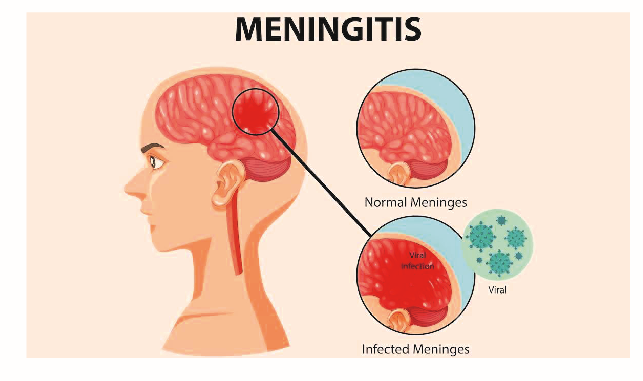
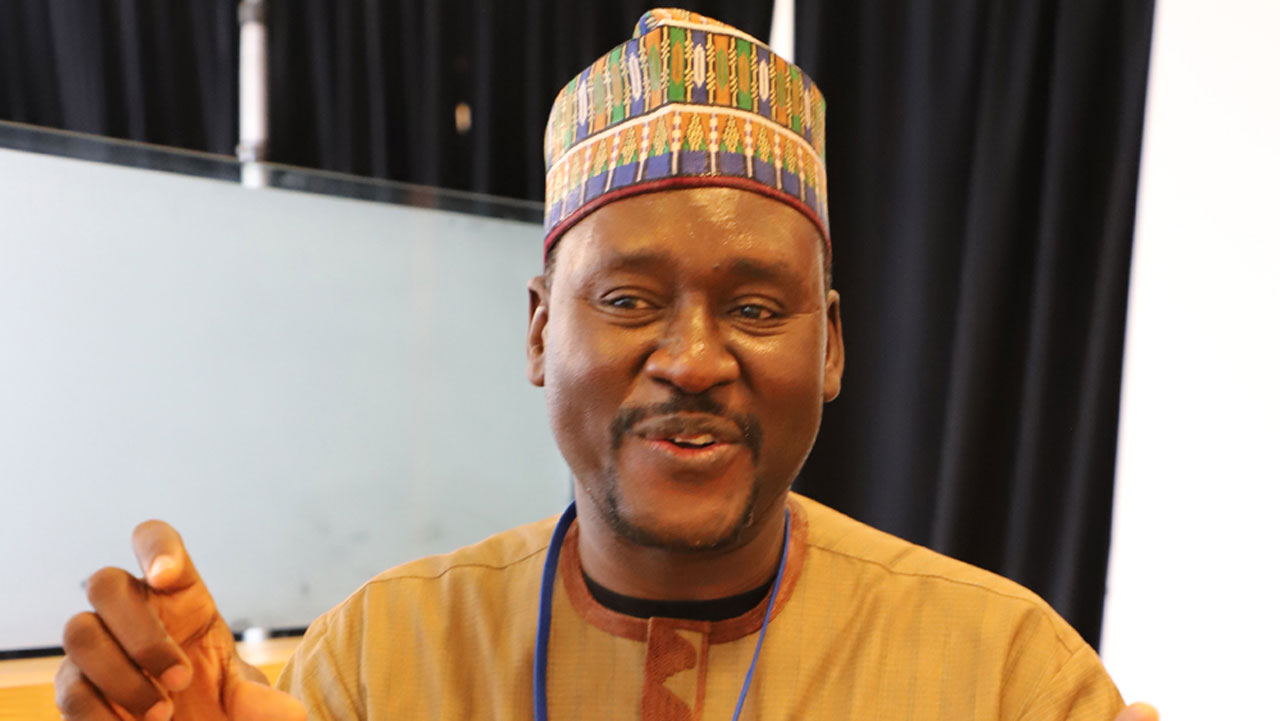



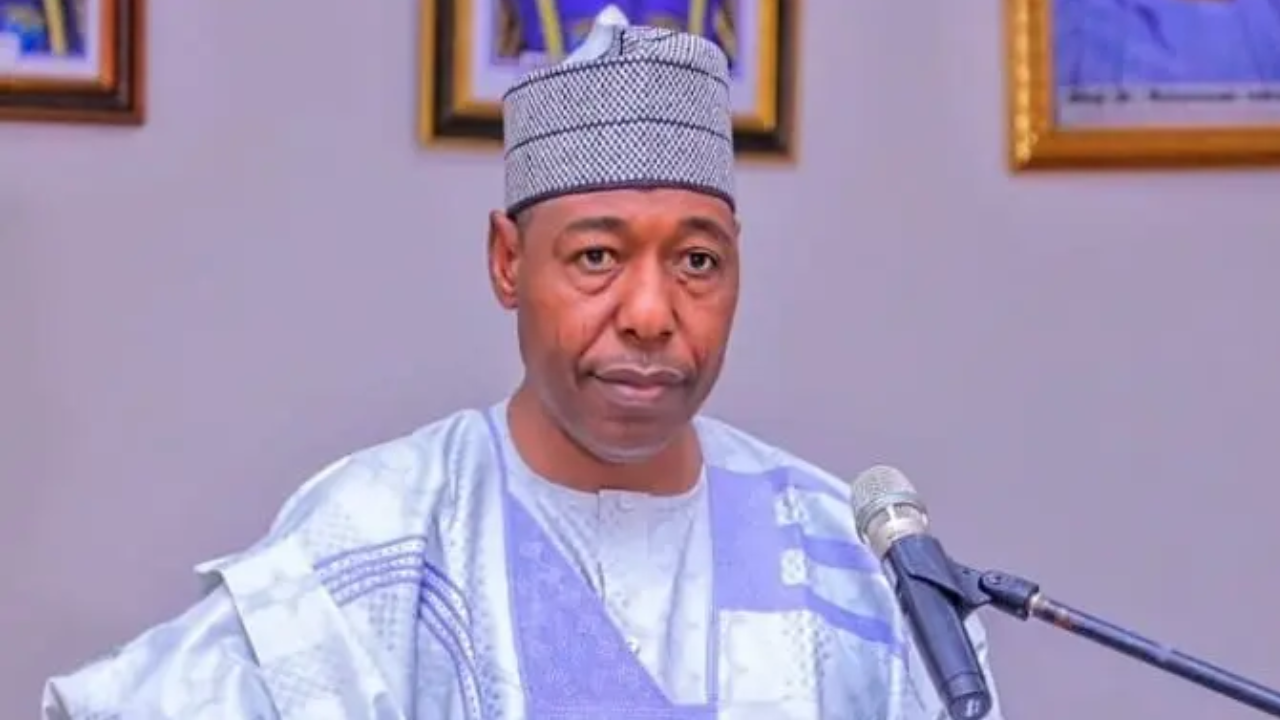

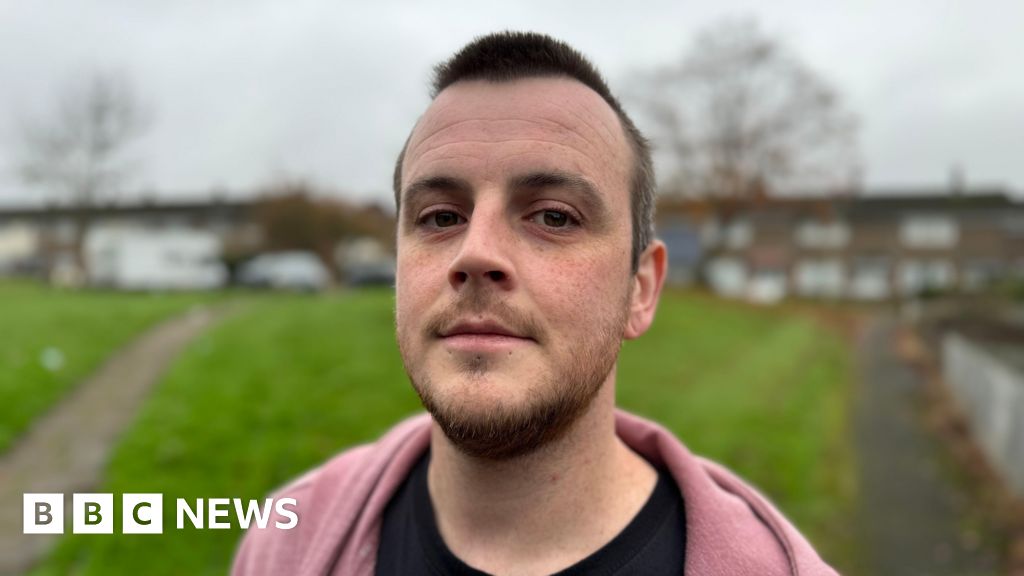



![Edo Deputy Gov Idahosa Meets Philip Shaibu [Photos]](https://www.naijanews.com/wp-content/uploads/2024/11/IMG-20241112-WA0078.jpg)
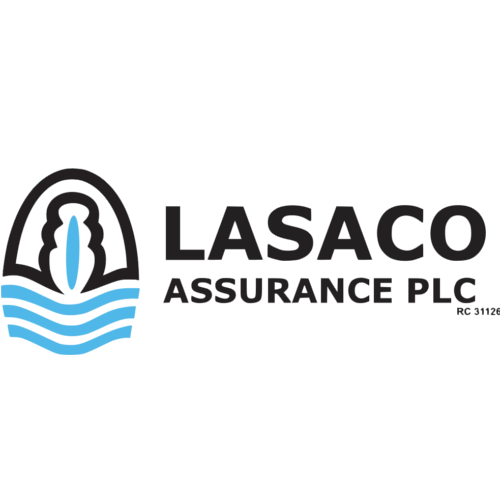

 English (US) ·
English (US) ·